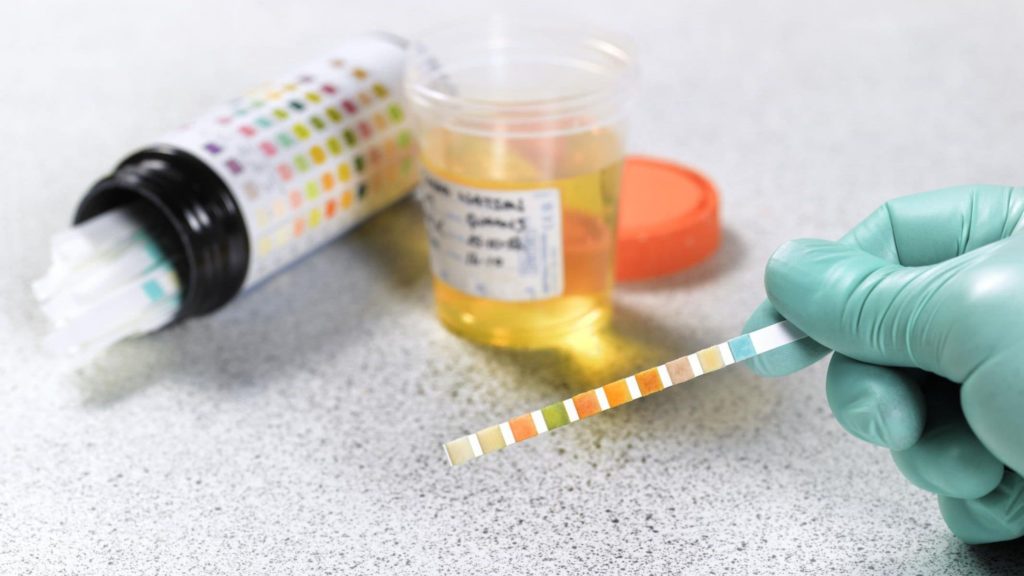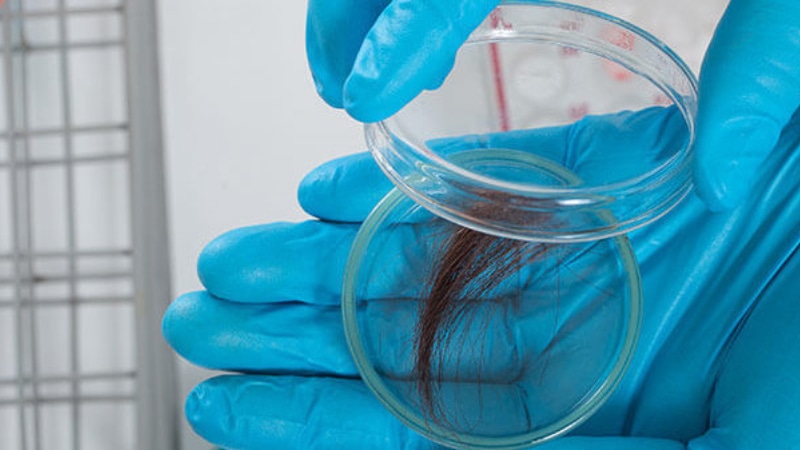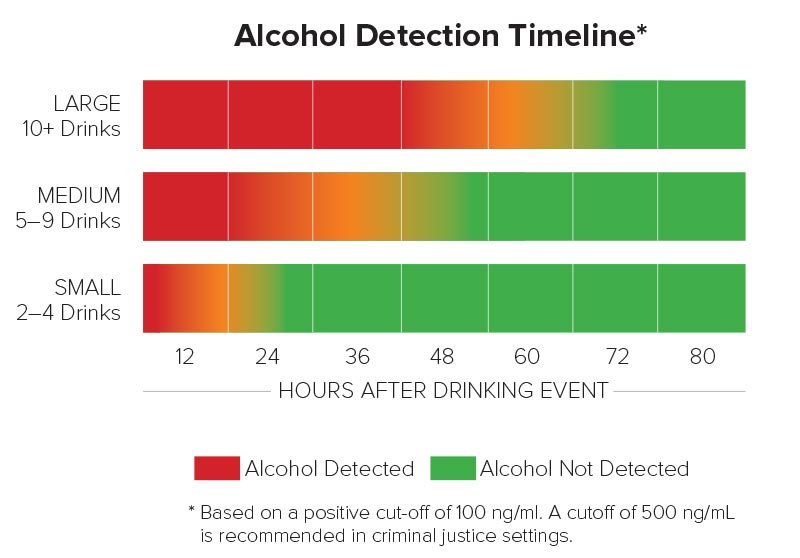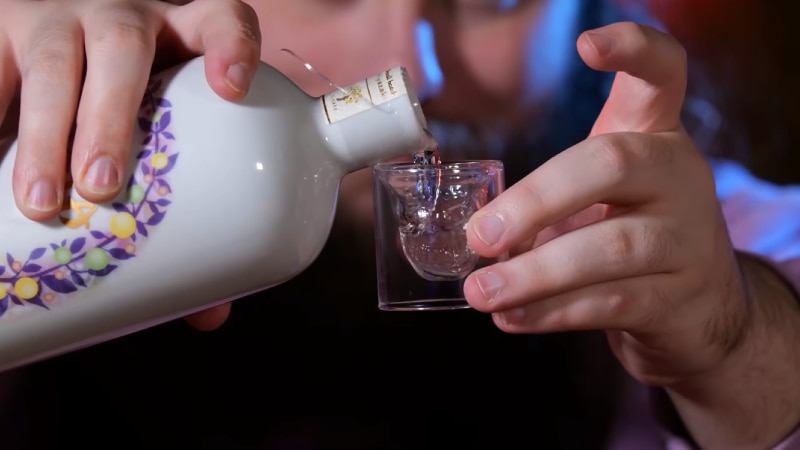The EtG test is a test that can determine whether a person has avoided drinking alcohol for a certain amount of time leading up to the test. It is able to determine whether or not a person has consumed alcohol within the previous 80 hours.
You must be searching for “How to pass an EtG test in 60 hours?” If you are in need of a negative result after using alcohol for 60 hours and are wondering how you may do so.
For a quick answer, there is a very good chance that you would pass an EtG test at 60 hours, and the odds would be considerably better if you had consumed fewer amounts of alcohol over that period. A lot of people think that you should drink a lot of water in order to hasten the process of excreting the EtG out of your body. Therefore, you should try to do so.
Continue reading to get in-depth answers, learn more about how to successfully pass an EtG test, and gain more knowledge about the realistic EtG detection time.
EtG Test Overview
What is EtG and EtG test?
EtG is an abbreviation for ethyl glucuronide, a metabolite of alcohol, particularly ethanol. After drinking ethanol, one may discover that they have EtG in their bodies. Consuming beer, alcohol and other beverages containing alcohol is often the cause of exposure to ethanol.
Because EtG is a metabolite that is produced in the body as a result of drinking alcohol, it is an ideal candidate for use as a bioindicator or biomarker in a test to determine whether or not alcohol consumption has occurred.
An EtG test can confirm whether someone has abstained from alcohol use over a specific period of time, leading up to the test. When this happens – meaning a person has abstained from alcohol use, it is known as a negative EtG test result – meaning there was no instance of detected EtG during the screening.
On the other hand, a positive result for the EtG test is evidence that an individual has drunk alcohol within a given window of time before the test.
Who should use an EtG test?
EtG alcohol testing is offered for programs that have been mandated by the court, probation, legal matters, divorce, and child custody proceedings, as well as other alcohol monitoring programs.
Are there different types of EtG tests?
In common use, there are two different kinds of EtG tests: an EtG urine test and an EtG hair follicle test.
They both look for the EtG metabolite, which, if discovered, would indicate that the EtG test was unsuccessful and yield a positive result.
A period of time leading before an examination is referred to as a “look-back” phase. This is the period during which the presence of the EtG metabolite may be detected, indicating that alcohol consumption took place during this period.
So, what is the look-back period of these two kinds of tests?
EtG Alcohol Test Look-back Period
An Urine EtG Alcohol test

The look-back period for determining whether or not EtG was present in urine is approximately 80 hours. There is a possibility of variation in either way, but in general, we think of a time of eighty hours as being accurate. This indicates that the urine EtG alcohol test will detect alcohol consumption during the previous three days and eight hours if it has been consumed within that time frame.
Remember to think about the “80-hour Look-back” whenever you see or hear the phrase “Urine EtG test.”
An EtG Hair Follicle test

When compared to the look-back duration for an EtG urine test, the look-back period for an EtG hair follicle alcohol test is significantly longer. It is possible to detect the EtG metabolite in an individual’s hair for up to ninety days when they are testing for the presence of EtG. That’s almost TEN TIMES LONGER than the time allotted for the urine test.
Therefore, you will likely fail an EtG hair follicle alcohol test if you have drunk alcohol at any point in the last three months.
How To Pass An Etg Test?
Maybe we’re stating the obvious, but hear us out. Stopping the consumption of alcohol is the one and only strategy to guarantee that you will pass an EtG alcohol test. It really can be summed up like that.
Based on what we know about look-back periods, the safest thing to do if you have to take an EtG urine alcohol test is to stop drinking well before the 80-hour look-back period.
It may be somewhat more difficult to pass an EtG hair follicle test. If you drink alcohol on a daily basis, even if it’s just socially, 90 days may seem like an extremely long time. If you want to be sure that you will pass an EtG hair follicle alcohol test, you need to abstain from drinking alcohol for at least ninety days before the test. This is the only way to guarantee that you will be able to pass the test.
Can you pass an EtG test in 60 hours?
There is a very good chance that you will pass the test. Even though the EtG test can detect alcohol use up to 80 hours after the previous use, in practice, the vast majority of people will be negative for alcohol use by the time they have gone 48 hours after their last drink. After sixty hours, the likelihood of your success in the exam increases significantly.
The precise percentage will be determined by the total amount of alcohol consumed as well as the level of sensitivity of the EtG test that is carried out. For instance, in a study that used the most sensitive version of the EtG test, none of the participants who had consumed a small amount of alcohol were still positive after 60 hours; about 5% of the participants who had consumed a moderate amount of alcohol were still positive after 60 hours, and about 15% of the participants who had consumed a large amount of alcohol were still positive after 60 hours.
Therefore, there is a good chance that you would pass an EtG test after 60 hours, even if you had a significant amount of alcohol. The odds would be substantially better if you consumed a lower quantity of alcohol.
How to pass an EtG test in 60 hours?
How long a drug or its metabolites stay in the urine and can be found during a urine test depends on a number of things, such as how often and how much alcohol is consumed, the person’s weight, age, general health, rate of metabolism, if they are taking any other drugs at the same time, or how much fluid and water they drink, among other things. Because of this, there is no foolproof method for determining how long EtG will continue to be present in the urine of a certain individual.
As you can see, a number of elements are involved. However, many people who have ingested alcohol can go undetected for up to 60 hours.
It is recommended that you drink a sufficient amount of water to assist in the expedited elimination of the EtG from your body. Avoiding dehydration and taking enough water can also help. However, excessive water consumption is not recommended because the lab can detect it through high dilution of the urine.
Realistic Etg Detection Times

The information that was presented above is certain to leave you perplexed and uncertain regarding the actual ETG detection time. Just keep reading.
EtG testing has been promoted as an “80-hour test,” but some studies have demonstrated that this is not true in every case. Nevertheless, the “dose” of alcohol plays a role in detecting EtG.
Please take a look at the following for some points that might be helpful:
- Light drinking, which is defined as around 2 standard drinks, will most likely be recognized the morning after intake and potentially even 24 hours afterward.
- Moderate drinking, defined as around 5-9 standard drinks, can be detected up to 48 hours after the last drink. After 48 hours, neither metabolite is readily detectable in significant amounts, regardless of the amount of alcohol that was ingested; the only exception is when “large” amounts of ethanol are taken in.
- Heavy drinking, defined as having more than 10 drinks, can be detected up to 80 hours after the last drink.
As is the case with all types of testing, the amount of drug found in urine is influenced by the concentration of the urine specimen, measured by the creatinine level.
FAQs
How to pass an EtG test in 56 hours?
There’s no guarantee you’ll pass, but you’ll have a much better chance if you stop drinking and drink fluids like water, orange juice, and cranberry juice before your test.
Can I pass an EtG test in 72 hours?
The EtG test is advertised as positive for up to 80 hours after the last drink, but in practice, most people become negative within 24—48 hours. The precise timeline, however, changes depending on which threshold is utilized for the examination. There are three different thresholds that can be applied, but even with the most delicate one, the majority of people are negative within 48 hours. Only an exceptionally unusual person would still test positive between the hours of 72 and 80.
It is LIKELY that your test would come out negative in this situation.
Can you pass an EtG in 12 hours?
Substitution is the only method that will allow you to pass an alcohol urinalysis conducted fewer than 12 hours after your last drink. There is simply no way to get around this test in 12 hours.
Will I pass an EtG test after 90 hours?
The manufacturer claims that the EtG test can identify drinking within the past 80 hours. You have passed the 80-hour barrier, so it is quite probable that your test will result in negative if you have not consumed any other products containing alcohol within the last 80 hours.

I’m Renee L. Bazile, and I’m passionate about health and fitness. Keeping fit and active has always been a passion of mine.
I graduated from Nova Southeastern University with a degree in Exercise Science. I believe being healthy and fit is the key to a happy and successful life.
Over the past ten years, I have trained more than 10.000 clients in the fitness industry. My goal is to help others achieve their fitness goals. The saying goes, “If you don’t use it, you lose it.” Therefore, we all need to exercise regularly to maintain health and fitness.
In 2019, I became an expert on health & fitness topics for ThisIsGuernsey after starting my blog about health & fitness. I relax and rebalance my life by walking, fishing, and blogging in my free time.
